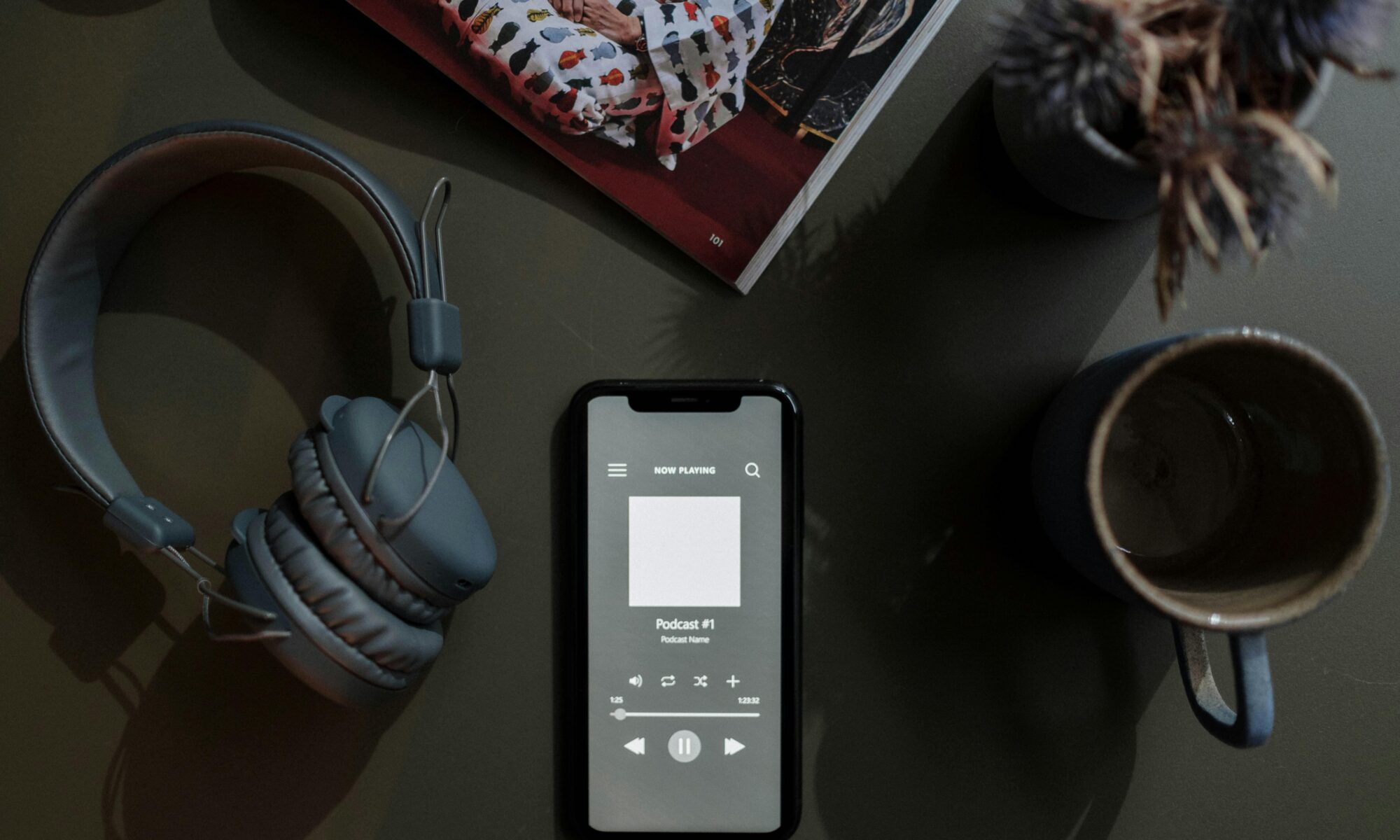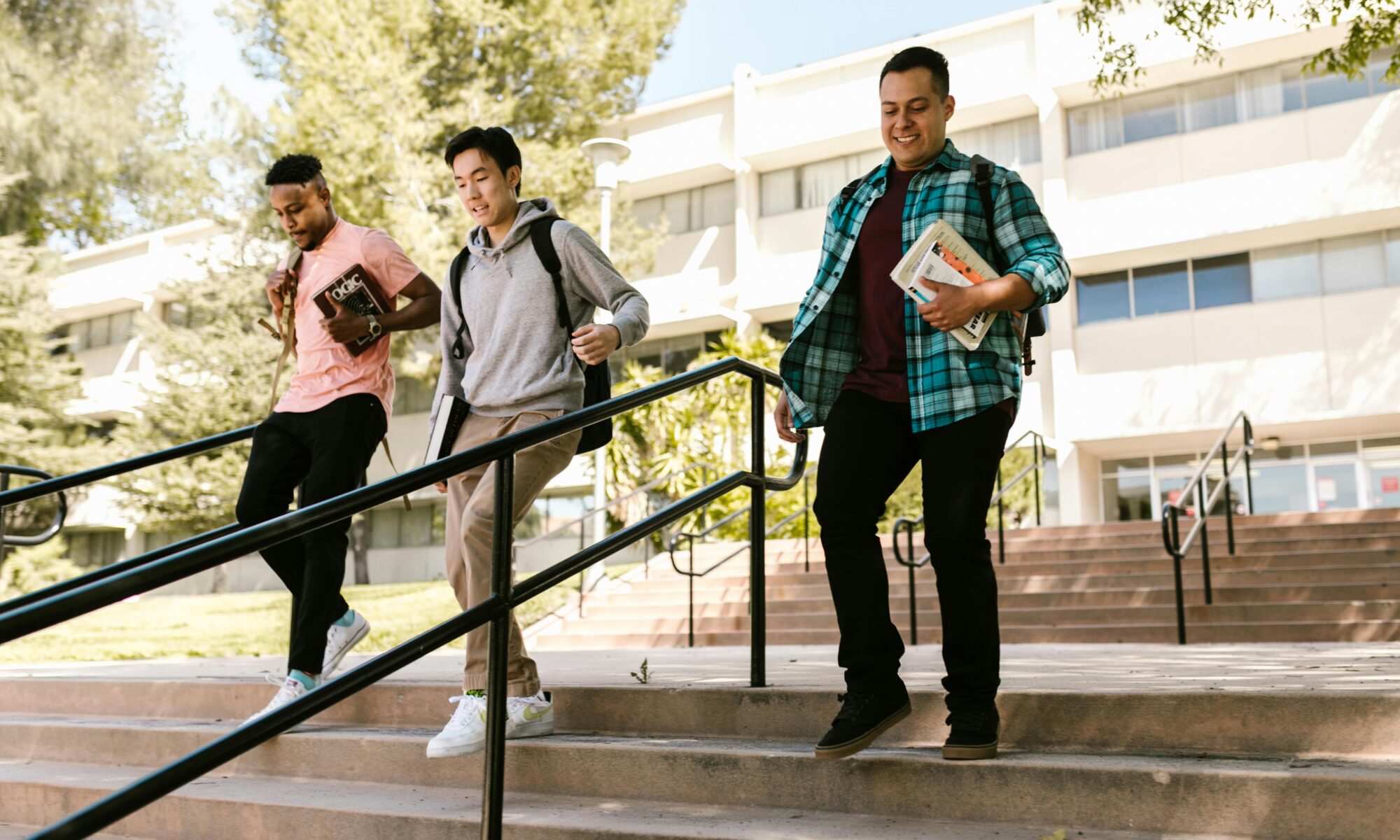Failing an exam hits hard. Even if you know, rationally, that it can happen, it still feels like a disaster.. There’s disappointment, stress, maybe even shame.
For international students, the pressure can feel even heavier. Credits matter, timelines matter, and sometimes it feels like there’s no room for mistakes. That weight is real. But even then: failing an exam is not the end of your studies.
First things first: Your reaction is normal
Most students don’t just shrug after failing an exam. Panic, frustration, or the feeling of having let yourself (or others) down are common reactions. Many immediately start questioning their abilities or their whole study choice.
Try to remember this: one exam result does not reflect your intelligence or your effort across an entire semester and definitely not your future.
If you’re studying abroad, failing an exam can feel especially scary. Credits, study progress, financial pressure or residence requirements can make it seem like everything is suddenly at risk.
If that’s your situation, don’t stay alone with those fears. In many cases, the actual academic consequences are less severe than they first appear. Talking to the International Office, lecturers, student advisors or your examination office can help you understand what the failure really means and what options you still have.
At the University of Siegen, there are free-attempt (“Freiversuch”) regulations that can apply in certain cases. This means that an exam attempt may not count as a failed attempt under specific conditions.
Not everyone knows this and many students panic without checking first. Taking the time to look up the regulations for your program or asking directly can already reduce a lot of stress. Here you can find more information: https://www.uni-siegen.de/en/news/new-free-attempt-regulation-at-the-university-of-siegen-applies-from-the-current-winter
Try to understand what went wrong
Once the initial emotional wave has settled, give yourself the space to look at the situation with honesty, without being too harsh on yourself.
For some students, failing an exam is linked to very specific reasons:
- New academic formats
- Unfamiliar academic structure
- Exam anxiety or mental blocks
- Time Management Issues
- Ineffective study methods/habits
- Language barriers
- personal, health-related or family issues during the semester
- Emotional Stress
Most of the time, it’s not about a lack of ability. Rather, it’s about one or two areas that can be addressed and improved.
Try a different approach when preparing for the next attempt
Instead of thinking “I just need to try harder,” try to tell yourself “I need to try different.”
If exam anxiety played a role, workshops on exam anxiety, learning relaxation techniques, time managementor using the university’s psychological or therapeutic consultation hours can help more than studying alone.
If time was the main issue, planning more realistic study phases for the next attempt or adjusting work hours if possible, can make a big difference.
If studying felt chaotic or ineffective, learning support services, study skills workshops or talking to other students about their strategies can help you find methods that work better for you. Small, targeted changes are often enough.
One failed exam doesn’t define you
University paths are rarely straight lines. A failed exam is a detour, not a dead end.
Failing an exam hurts, especially when the pressure is high and the stakes feel enormous. But it is not a personal failure, and it does not erase everything you’ve achieved so far.
There are rules, support structures and second chances and there are ways to prepare more effectively next time.
You’re not alone in this! Many students go through it, even the best.
Your SLR host Emma 😊









